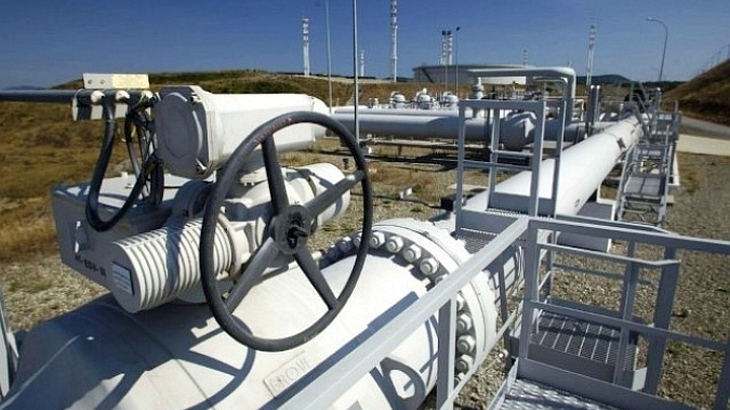Germany’s energy regulator (Bundesnetzagentur) said the country’s gas imports fell 32.6% last year, mainly due to energy savings and cut exports after Russia halted supplies to the West in 2022, report DPA and Reuters.
Previously, Germany was the main customer of Russian gas exported through pipelines but, following the invasion of Ukraine, it began to build floating terminals to import liquefied natural gas (LNG) from the world market.
According to preliminary data from the Bundesnetzagentur, in 2023 Germany imported 968 TWh of natural gas. Of these, 43% came from Norway, 26% from the Netherlands, 22% from Belgium, and the rest from abroad or from other European countries, according to Agerpres.
Germany’s gas exports to neighboring countries fell by 63% last year. In 2023, exports stood at 187 TWh, down from 499 TWh in 2022, with the majority going to the Czech Republic, Austria and the Netherlands.
Savings efforts and mild weather reduced the country’s gas consumption in 2023 by 5%, to 810 TWh. Compared to the average consumption from 2018 to 2021, last year consumption registered a decline of 17.5%.
“Gas storage facilities are 91% full, a solid basis for the rest of the winter months,” the Bundesnetzagentur said.
The decrease in Russian gas imports initially led to a significant increase in prices, but cost-saving efforts and alternative imports helped reduce prices last year. At the TTF gas hub in Amsterdam, where reference prices are set in Europe, natural gas futures quotes fell by 68% last year, to 41 euros for a Megawatt-hour.
